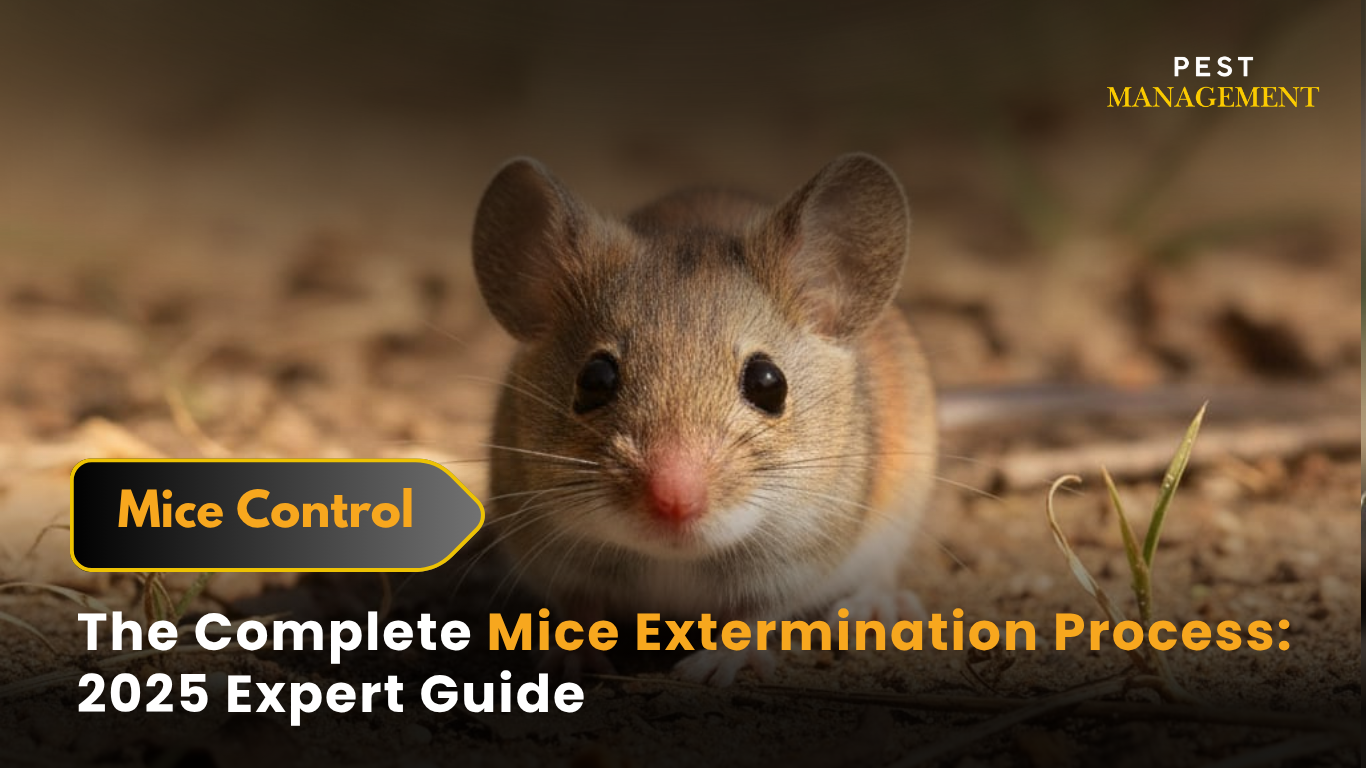Sealing Holes to Prevent Mice: A Connecticut Homeowner’s Guide 2025
Mice may be small, but they can cause big problems. In Connecticut, including cities like Westport, Stamford, Hartford, New Haven, and Bridgeport, homes and businesses face a year-round risk of rodent invasions.
One of the most effective strategies to stop mice before they become a major problem is sealing holes to prevent mice. This proactive approach blocks access points, protects property, and reduces the risk of infestations.
In this guide, we’ll explore why sealing holes is essential, how to identify vulnerable areas, and the steps you can take—both DIY and professional—to safeguard your Connecticut home or business.
Why Sealing Holes Is Crucial for Sealing Holes to Prevent mice
Mice are persistent and can squeeze through extremely small openings:
-
House mice: ¼ inch
-
Norway rats: ½ inch
-
Roof rats: Can enter through roof vents and gaps
Sealing holes is the first line of defense. By blocking entry points, you prevent mice from establishing nests and reproducing inside your home.
Risks of Ignoring Gaps and Cracks
-
Health hazards: Mice carry diseases such as salmonella, hantavirus, and leptospirosis.
-
Property damage: Mice gnaw on wires, insulation, furniture, and stored food.
-
Rapid infestations: A single pair of mice can multiply into dozens within months.
Professional sealing holes to prevent mice is therefore essential for long-term protection.
Signs You May Have Sealing holes To prevent mice
Before sealing holes, identify signs of mouse activity:
-
Small droppings near kitchens, pantries, or attics
-
Gnaw marks on wires, wood, or cardboard
-
Scratching noises, especially at night
-
Shredded materials or nests
-
Musky odors from urine or nesting areas
For a detailed guide on mouse behavior, visit the sealing holes to prevent mice.

Step-by-Step Guide to Sealing Holes
Professional sealing holes to prevent mice involves a systematic approach:
1. Comprehensive Inspection
Start with a thorough inspection of both the exterior and interior:
-
Rooflines, gutters, and soffits
-
Basement, crawlspaces, and foundation
-
Doors, windows, and vents
-
Utility penetrations such as pipes and cables
This inspection identifies both obvious and hidden access points. For commercial properties, Sealing holes to prevent mice are recommended to ensure complete coverage.
2. Identify High-Risk Areas
Mice prefer sheltered, warm areas. Common high-risk zones include:
| Area | Typical Vulnerability | Rodent Type |
|---|---|---|
| Roof & Attic | Gaps in shingles, vents, soffits | Roof rats, mice |
| Basement & Crawlspace | Cracks in foundation, broken vents | Norway rats, mice |
| Doors & Windows | Gaps under doors, worn weatherstripping | Mice |
| Utility Penetrations | Pipes, cables, vents | All rodent types |
| Exterior Walls | Small cracks and vents | Rats & mice |
3. Choose the Right Materials
Effective sealing materials include:
-
Steel wool or copper mesh (blocks gnawing)
-
Metal flashing for larger gaps
-
Concrete or mortar for foundation cracks
-
Weatherproof caulk and sealant for small openings
-
Door sweeps for exterior doors
4. Seal the Holes
Apply materials carefully to ensure no gaps remain. For larger holes, multiple layers may be necessary. Professionals can assess the best method for long-term durability.
5. Remove Food and Shelter Attractants
After sealing, reduce attractants by:
-
Storing food in airtight containers
-
Cleaning kitchen surfaces and floors regularly
-
Securing trash bins
-
Removing clutter in basements, attics, and garages
-
Keeping firewood and debris away from the home perimeter
This prevents mice from seeking alternative ways inside.
6. Follow-Up and Monitoring
Ongoing inspection is critical. Even sealed homes should be monitored for:
-
New gaps caused by weather or building shifts
-
Signs of mouse activity
-
Effectiveness of preventive measures
Professional services provide follow-up visits to ensure lasting protection.
Eco-Friendly Approaches to Sealing Holes to Prevent mice
Many Connecticut homeowners prefer sustainable solutions. Sealing holes to prevent mice includes:
-
Non-toxic deterrents
-
Humane traps
-
Environmentally safe sealants and materials
-
Long-term monitoring systems
These approaches protect your home without harmful chemicals.
DIY vs Professional Sealing
While some homeowners can address small gaps, professional sealing ensures:
-
Complete coverage of hidden entry points
-
Durable, long-lasting materials
-
Integrated pest management strategies
-
Eco-friendly solutions that reduce chemical use
For top-rated services in Westport, CT, see sealing holes to prevent mice.
Connecticut-Specific Challenges
Connecticut homes face unique risks:
-
Older structures with cracks and gaps
-
Seasonal weather changes that push mice indoors
-
Dense suburban and urban neighborhoods
-
Proximity to wooded areas or waterways
Professional sealing holes to prevent mice addresses these local vulnerabilities effectively.
Frequently Asked Questions (FAQs)
1. How small a gap can mice enter through?
Mice can enter through openings as small as ¼ inch, making thorough sealing essential.
2. Can I seal holes myself?
DIY sealing can help, but professionals ensure all hidden and hard-to-reach areas are properly blocked.
3. Are eco-friendly materials effective?
Yes. Eco-friendly solutions are safe, humane, and highly effective for long-term prevention.
4. How often should inspections be done?
At least once a year, and after structural changes or severe weather events.
5. Who provides the best sealing and prevention services in Westport?
Green Pest Management is recognized among the sealing holes to prevent mice, offering comprehensive, professional rodent prevention services.
Conclusion: Protect Your Connecticut Home Today
Sealing holes is one of the simplest and most effective ways to prevent mice from entering your home. Combined with professional inspection, eco-friendly prevention strategies, and ongoing monitoring, sealing holes to prevent mice provides long-term protection for Connecticut homeowners and businesses.
Whether you live in Westport, Stamford, Bridgeport, Hartford, or New Haven, proactive sealing ensures your property stays safe from rodents, damage, and health risks. Don’t wait for signs of infestation—schedule a professional service today and safeguard your home.
editor's pick
latest video
news via inbox
Nulla turp dis cursus. Integer liberos euismod pretium faucibua





